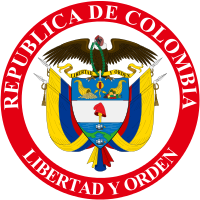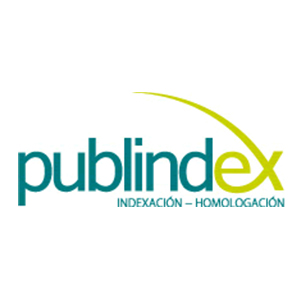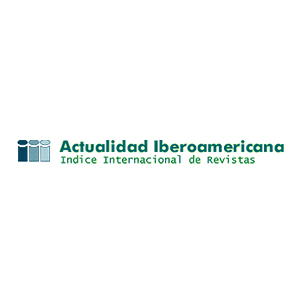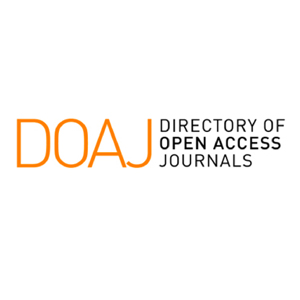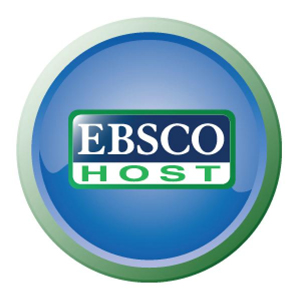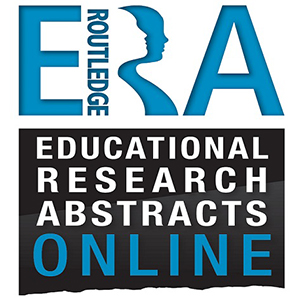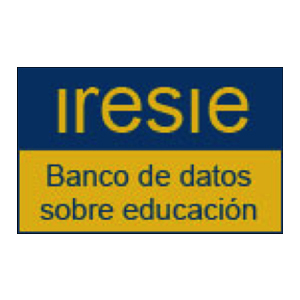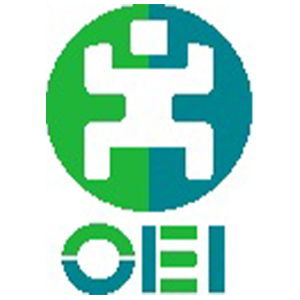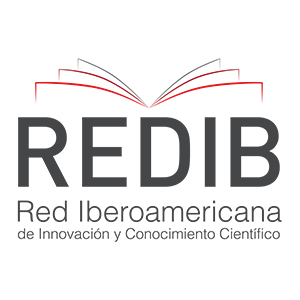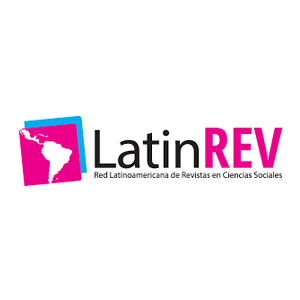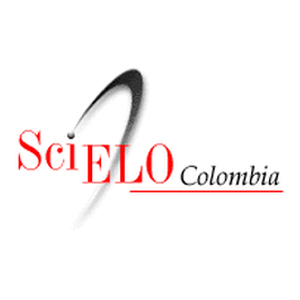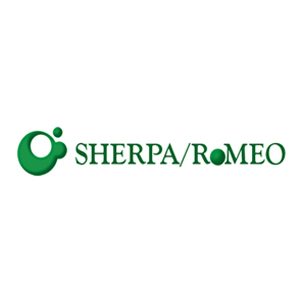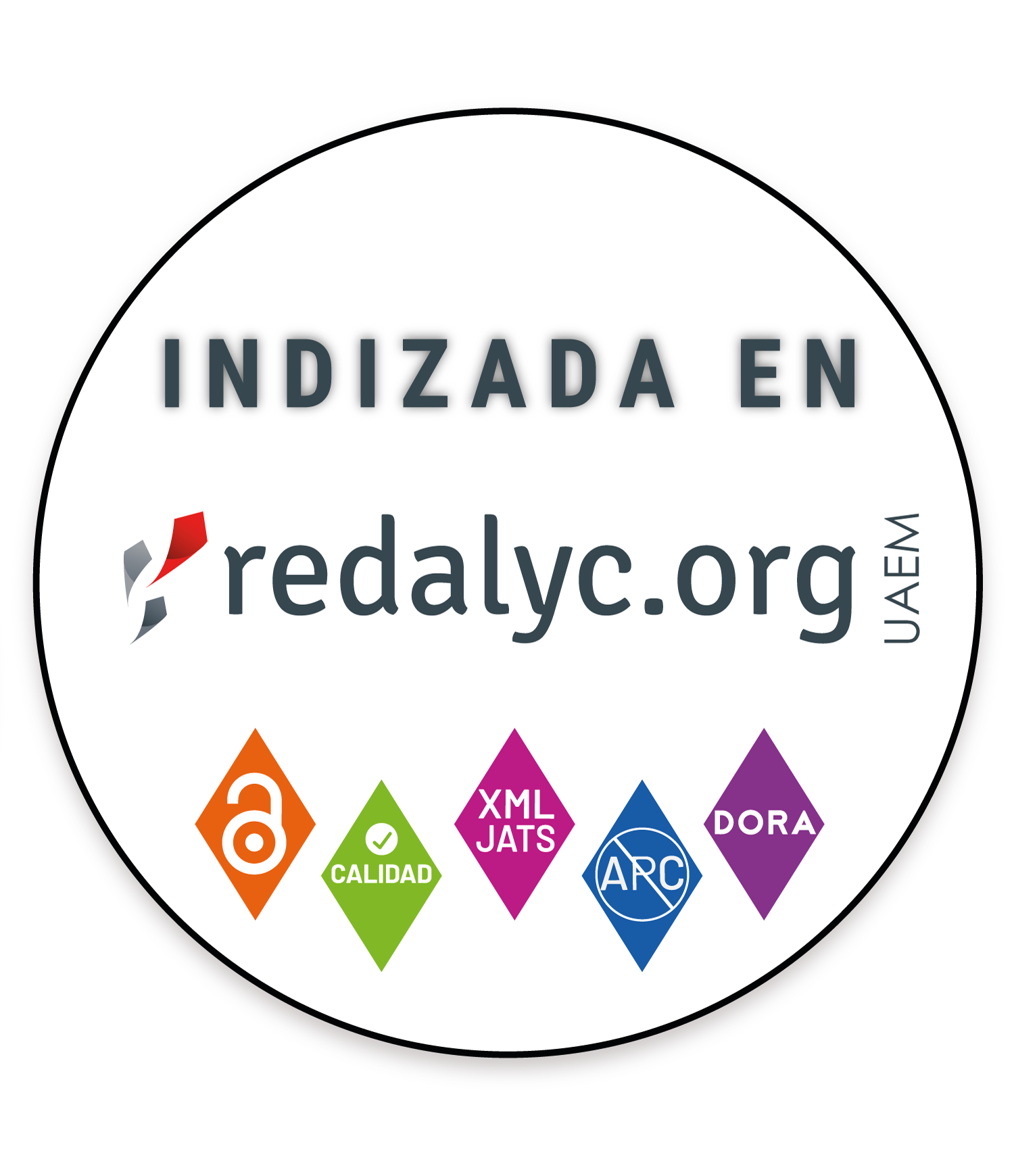REFORMA ESCOLAR Y FORMACION DOCENTE EN E-LEARNING: EL CHOQUE DE LAS TRADICIONES
School reform and teacher education in e-learning: the clash of traditions
Reforma escolar y formação docente em e-learning: o choque das tradições
puede tener en el éxito o fracaso de los procesos de formación docente y reforma escolar en e-learning. Mediante
un estudio cualitativo, este artículo muestra cómo prácticas que son legítimas para el Ministerio de Educación no
coinciden necesariamente con prácticas que tienen alta legitimidad a nivel regional. En particular, se revisa la manera
en que programas de formación docente en e-learning, diseñados en colaboración con el Ministerio de Educación
Nacional, pierden rápidamente legitimidad frente a los actores encargados de financiar proyectos en los departamentos.
Adicionalmente, el estudio muestra que existe una tensión entre una lógica pedagógica y una lógica tecnológica
en los procesos de formación docente y reforma escolar en e-learning. Esta tensión hace que los resultados de la
investigación básica en cognición tengan dificultades para impactar las prácticas de formación en las regiones.
Ambientes virtuais de aprendizagem (AVAs), E-learning, Formação de professores, Cognição distribuída (pt)
School reform, teachers education, E-Learning, virtual learning environments, Distributed cognition (en)
Bautista, G. (1999). Capacitación o profesionalización de los maestros en física en ejercicio. TED, 6, pp.14-22.
Berman, P. y McLaughlin, M. (1976), Implementation of educational innovation. The Educational Forum, 40, pp. 345-370.
Coburn, C. (2004). Beyond decoupling: rethinking the relationship between the institutional environment and the classroom. Sociology of Education, 77, pp. 211-244.
Coburn, C. y Talbert, J. (2006). Conceptions of evidence-based practice in school districts: Mapping the terrain. American Journal of Education, 112(4), pp. 469-495.
Cuban, L. (1993), Computers meet classroom: classroom wins. Teachers College Record, 95(2), pp.185-210.
Díaz, O. (1997). Políticas educativas y formación de maestros. Pedagogía y Saberes, 10, pp. 43-51.
Drijvers, P. y Van Herwaarden, O. (2001). Instrumentation of ICT-tools: the case of algebra in a computer algebra environment. International Journal of Computer Algebra in Mathematics Education, 7(4), pp. 255-275.
Espejo, R., Schuhmann, W., Schwaninger, M. y Bilello, U. (1996). Organizational transformation and learning. Chichester: John Wiley & Sons. Firestone, W. (1985). The study of loose coupling: problems, progress, and prospects. Research in Sociology of Education and Socialization, 5, pp. 3-30.
Gardner, H. (1983). Frames of mind: the theory of multiple intelligences. Nueva York: Basic Books.
Guin, D. y Trouche, L. (1999). The complex process of converting tools into matheamtical intruments: the case of calculators. International Journal of Computers for Mathematical Learning, 3, pp. 195-227.
Greeno, J., Collins, A. y Resnick, L. (1996). Cognition and learning. En D. Berliner y P. Calfee (eds.), Handbook of educational psychology. Nueva York: Simon & Schuster.
Halverson, R., Kelley, C. y Kimball, S. (2004). Implementing teacher evaluation systems: how principals make sense of complex artifacts to shape local instructional practice. En W. Hoy y C. Miskel (eds.), Theory and research in educational administration. Greenwich: Information Age Publishing.
Heid, M. (1988). Resequencing skills and concepts in applied calculus using the computer as a tool. Journal for Research in Mathematics Education, 19(1), pp. 3-25.
Herington, J. y Herrington, A. (1998). Authentic assessment and multimedia: How university students respond to a model of authentic assessment. Higher Education Research and Development, 17(3), pp. 305-322.
Hubbard, L., Stein, M. y Mehan, H. (2006). Reform as learning: when school reform collides with school culture and community politics. Nueva York: Routledge Falmer.
Hutchins, E. (1995). How the cockpit remembers it speed. Cognitive Science, 19(3), pp. 265-288.
Johnson-Laird, P. (1980). Mental models in cognitive science. Cognitive Science, 4, pp. 71-115.
Kintsch, W. (1988). The role of knowledge in discourse comprehension: a construction-integration model. Psychological Review, 95, pp.163-182.
Klahr, D. y Li, J. (2005). Cognitive research and elementary science instruction: from the laboratory, to the classroom, and back. Journal of Science Education and Technology, 4(2), pp.217-238.
Lovett, M. y Greenhouse, J. (2000). Applying cognitive theory to statistics instruction. The American Statistician, 54, pp. 196-206.
Light, D. et al. (2005). Linking data and learning-The Grow Network StudySummary Report. Nueva York: Educational Development Center’s Center for Children and Technology.
Maguire, E. y Uchida, C. (2000). Measurement and explanation in the comparative study of american police organizations. En D. Dufeed (ed.), Criminal justice 2000: measurement and analysis of crime and justice (pp. 491-557). Washington: Office of Justice Programs–US Department of Justice.
Matusov, E., Hayes, R. y Pluta, M. (2005). Using discussion web to develop an academic community of learners. Educational Technology & Society, 8(2), pp.16-39.
Torres, R. (2000). De agentes de la reforma a sujetos del cambio: la encrucijada docente en América Látina. Perspectivas, 30(2), pp. 281-299.
Meyer, J. y Rowan, B. (1977). Institutional organizations: formal structure as myth and ceremony. American Journal of Sociology, 83, pp. 340-363.
Palincsar, A. y Brown, A. (1984). Reciprocal teaching of comprehensionfostering and comprehension-monitoring activities. Cognition and Instruction, 1(2), pp. 117-175.
Perkins, D. y Salomón, G. (1992). Transfer of learning. En International Encyclopedia of Education (segunda edición). Oxford: Pergamon Press.
Piaget, J. (1970). Science of education and the psychology of the child. Nueva York: Orion Press.
Phillips, D. y Schweisfurth, M. (2006), Comparative and international education. An introduction to theory, method and practice. Nueva York: Continuum International Publishing Group.
Rowan, B. y Miskel, C. (1999). Institutional theory and the study of educational organizations. En J. Murphy y K. S. Louis (eds.), Handbook of research in educational administration (pp. 359-384). San Francisco: Jossey-Bass. pp. 359-384.
Schuck, S. (2003). The use of electronic question and answer forums in mathematics teacher education. Mathematics Education Research Journal, 5, pp. 19-31.
Simon, H. y Hayes, J. (1976). The understanding process: problem isomorphs. Cognitive Psychology, 8, pp. 165-190.
Strauss, A. y Corbin, J. (1998). Basics of qualitative research: techniques and procedures for developing grounded theory. Thousand Oaks, California: Sage.
Williams, J. (2006). The place of the closed book, invigilated final examination in a knowledge economy. Educational Media Internacional, 43(2), pp. 107-119.
APA
ACM
ACS
ABNT
Chicago
Harvard
IEEE
MLA
Turabian
Vancouver
Descargar cita
Citaciones

Métricas PlumX
Visitas
Descargas
Licencia
Derechos de autor 1969 Pedagogía y Saberes

Esta obra está bajo una licencia internacional Creative Commons Atribución-NoComercial 4.0.
Todo el trabajo debe ser original e inédito. La presentación de un artículo para publicación implica que el autor ha dado su consentimiento para que el artículo se reproduzca en cualquier momento y en cualquier forma que la revista Pedagogía y Saberes considere apropiada. Los artículos son responsabilidad exclusiva de los autores y no necesariamente representan la opinión de la revista, ni de su editor. La recepción de un artículo no implicará ningún compromiso de la revista Pedagogía y Saberes para su publicación. Sin embargo, de ser aceptado los autores cederán sus derechos patrimoniales a la Universidad Pedagógica Nacional para los fines pertinentes de reproducción, edición, distribución, exhibición y comunicación en Colombia y fuera de este país por medios impresos, electrónicos, CD ROM, Internet o cualquier otro medio conocido o por conocer. Los asuntos legales que puedan surgir luego de la publicación de los materiales en la revista son responsabilidad total de los autores. Cualquier artículo de esta revista se puede usar y citar siempre que se haga referencia a él correctamente.

